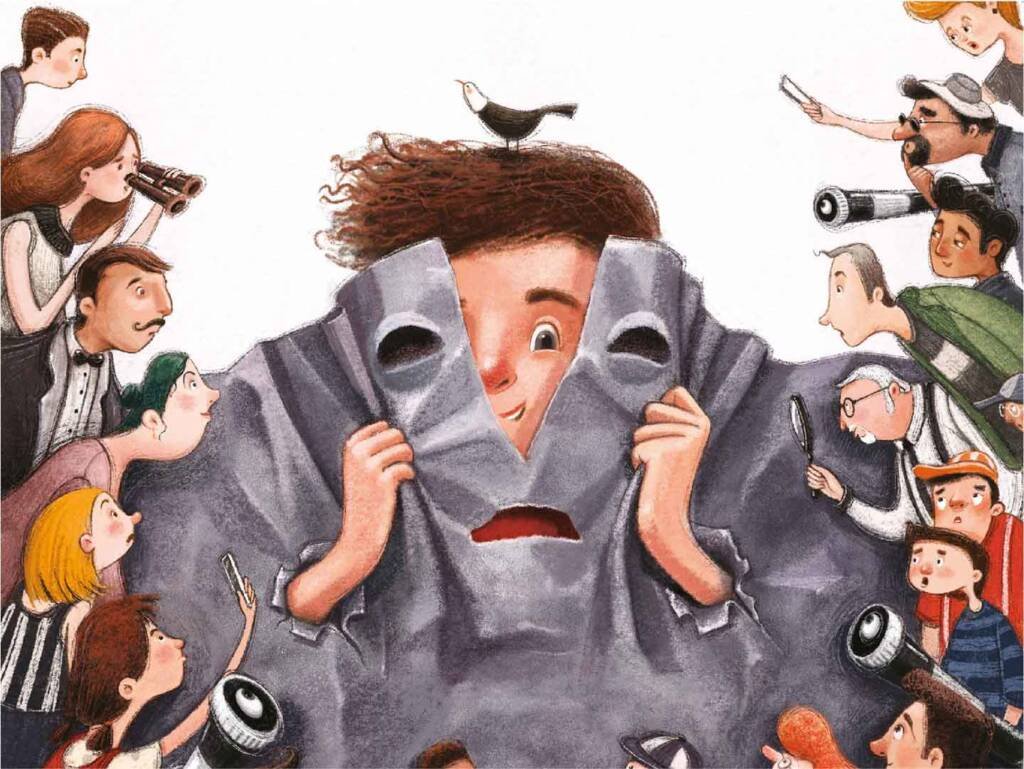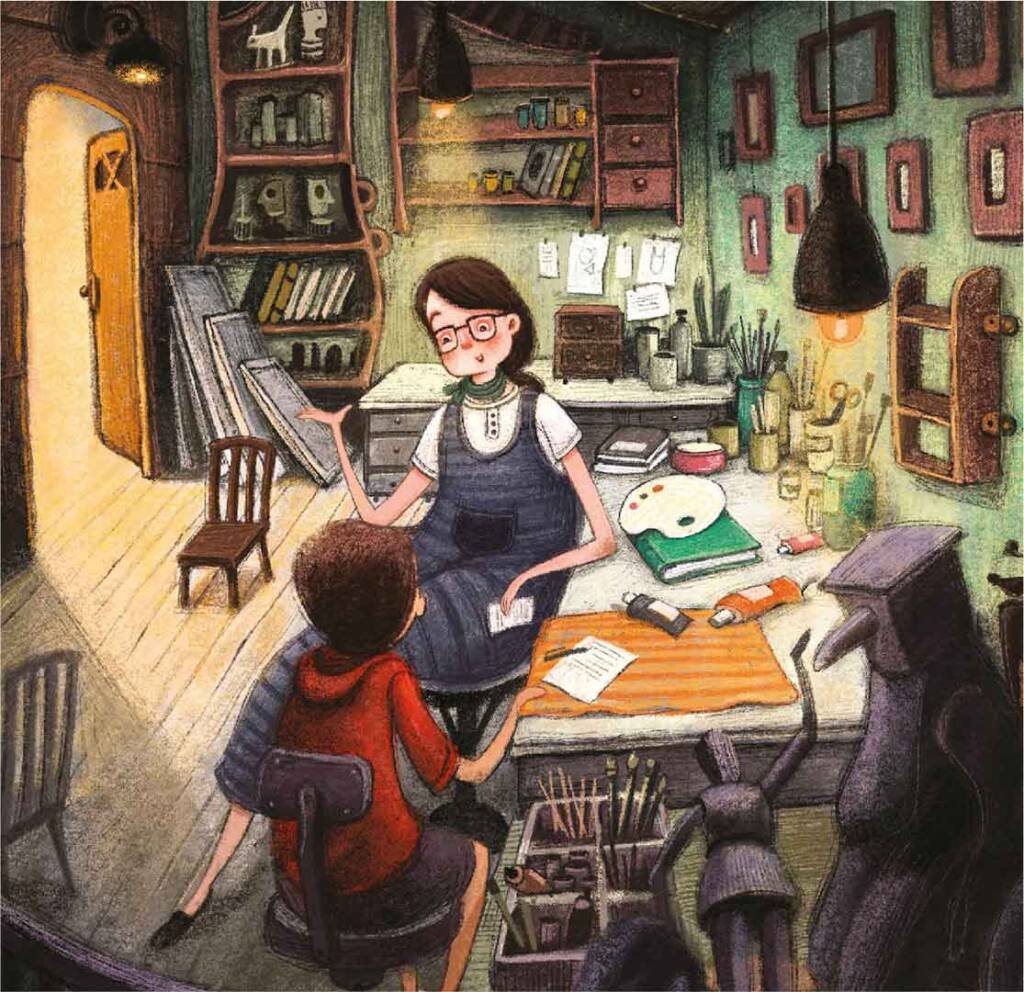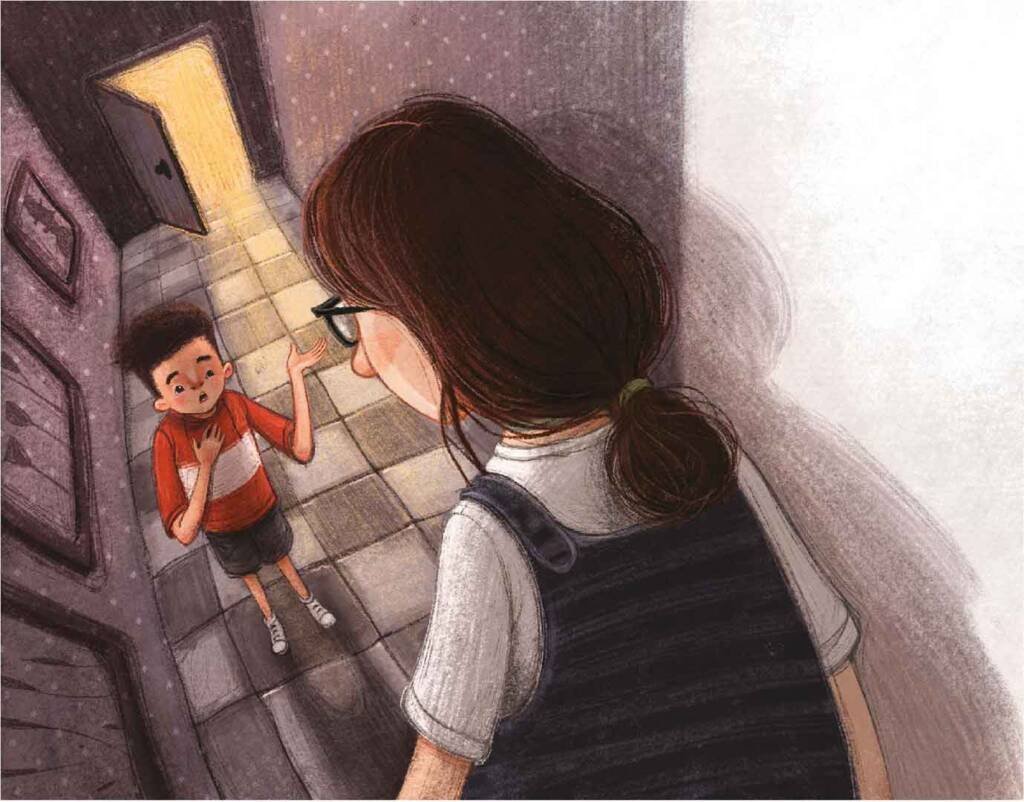10 Tips To Make Study Time More Fun
10 Tips To Make Study Time More Fun
Study time might be a stressful time for you and your child . We’ve all been there to be honest, but not anymore! After you’re done reading this article you’ll become a professional “study time” parent. We’ll start with the root of this problem by learning why children dislike study time. You’ll learn how long exactly a study session should last and we’ll wrap up with some awesome tips that will make you, the parent, long to sit down with your child to study together.
Why don’t some children enjoy study time
When I was at school, most of my teachers taught me to focus on studying as a means of succeeding, flooding us with homework and tests; very few didn’t really care about the final mark and were more focused on us learning something.
This still happens today; Grades are still the most important aspect of many educational systems. Students rarely learn the importance of knowledge so they lack motivation. Also, many students dislike studying because they find it boring. Study time for kids looks like a dull and wasted time.
How long should study time last
Study sessions can last between 1 hour of focused studying to more than 5 hours if your kid is stalling.
How long is a perfect session time? The answer is: there is no single answer. It isn’t about the length, but rather the effectiveness.
- How much is your child really learning?
- Are they really focused?
- Are they really listening to what you’re saying or are they tricking you into solving their homework?
Many researchers say that a study session should last between 2 and 3 hours daily (with breaks every once in a while), but it’s really up to you and your child.
10 tips to make study time more fun:
Before you can start a study session, make sure your kid is prepared to study. You should consider thing like:
- Is your child tired?
- Did they get enough sleep?
- Are they hungry or full?
- Was their school day good or bad? Do you need to talk to them about it?
After you’re sure they are prepared you can get to the “fun” part.
Feng Shui your child’s study space
You don’t really have to stick to the rules of Feng Shui, you just need to make your child’s study space look like their own special corner for doing schoolwork. Let them choose how to decorate it and allow it to be a fun space but not too fun that it gets distracting.
Fun stationery
One of the things that used to get me excited to do my homework was having cool stationery I could use. Even when I was reviewing my notes, having them color coded made studying more fun.
Modify tests to make them fun
Study time for kids is already a tedious job, mind you tests and preparing for them. However, tests are very important because they indicate how well your child is learning. One thing you can do is to create fun tests. You can go from developing a full test based on exciting and interesting topics, or just changing names in an English test to your child’s friends’ names.
Use technology! children love it
You can’t deny that children are using too much technology nowadays, but you can use that to their studies’ benefit. There are many online games today that are based on school materials and they are fun, too! . You can find many fun online games categorized by grades on Education.com or on funbrain which also has many fun videos and reading materials.
Let your child teach you
There are tons of evidence in favor of this method. Studies show that when we teach something we gain a better understanding of it. Your child will also enjoy feeling like they are the teacher now l, and will gain more interest in the topic they are teaching.
Go for maximum drama
Let’s face it, drama is both fun and funny. Everybody loves a bit of drama. So why not be dramatic while studying. When you read stuff with your child, exaggerate it, make faces, and use different voice tones. They’ll laugh and information will be easier to retrieve.
Role play
This works perfectly with curriculums and subjects that already use characters, like History and Languages (Arabic – English…), but you can get creative, too, and play the role of a triangle in mathematics or a fish in science.
Use fiction while studying
If I asked you to recall something you learned at a fourth grade lesson, you probably won’t be able to. However, if I asked you to tell me a story your mother told you when you were five, you’ll easily remember your favorite parts in it.
Stories and fiction are a powerful tool. If you can change a boring lesson in your child’s curriculum to a story with characters and events, they’ll remember it better. You can also ask your child to rewrite the lesson as a story and draw some pictures based on the story.
Create challenges
Kids love games, so imagine changing study time to game time just by adding a challenge and a reward. This could be stuff like: with each 5 new words you learn how to spell you’ll get 10 points, when you collect 100 points you get to (do something/get something).
A song goes a long way
A study by Gregory J. Crowther shows clearly the many benefits of music and song in learning. He found that songs don’t only make recalling the information easier but it can also help in reducing stress and increasing enjoyment.
A student will also gain a better understanding of the topic while turning it into a song. You should keep in mind that not all kids are the same; you know your child better than anyone. Understand what makes them excited and what motivates them. We hope these tips will help you and encourage your little one, so you can both have a great study time.
Don’t forget to share with us any other helpful tips!
This article has been researched and written by Farah Salaheddin; an educational content creator.
Resources:
- https://www.indiaparenting.com/top-5-reasons-why-kids-hate-studying.html
- https://studelp.com/kids-dislike-studying.html
- https://news.stanford.edu/2014/03/10/too-much-homework-031014
- https://www.ncbi.nlm.nih.gov/pmc/articles/PMC3292070/
- https://files.eric.ed.gov/fulltext/EJ1067747.pdf
Read More :
Benefits of Pets, Should I Get My Child a Pet?





